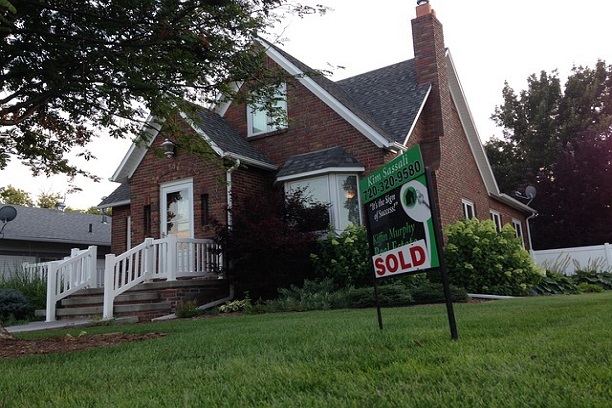What is the best way to finance investment property? How do I get my first investment property money? Over the past few years, home prices have been rising. With mortgage rates rising, it‘s difficult for real estate investors to finance their investments.
Real estate investors can maximize their returns by using loans to build or purchase a property and then renovate it to increase its value. However, investment properties are usually considered high risk. This is because something can go wrong, and the property loses money for the real estate investor.
Want to know the types of funding for investment properties?
Read on.
Hard Money Loans
A hard money loan is a type of loan suited to flipping investment properties. This short-term loan is commonly used to purchase a property then immediately renovate and sell it off for profit. While hard money loans have a quick approval process usually less than 5 days, they attract high-interest rates.
For example, a flipper can borrow a hard money loan for 12 to 18 months and then repay the loan in full at the end of the term. This is after selling the property and making a profit. The cost of hard money loans to the borrower is usually higher than financing available through banks. This is because the cost reflects the high risk the hard money lender is taking by providing quick financing.
To get a hard money loan, approach a hard money lender who will do a quick check of your finances and credit. This process is less rigorous than with a conventional loan. Due to the fast approval process, borrowers get their money in a matter of days.
Conventional Mortgage Loans
If you already own a home, then you’re familiar with conventional bank loans such as mortgages. A conventional mortgage is a type of loan that meets the requirements of Freddie Mac and Fannie Mac. This type of home buyer’s loan is usually not secured or offered by the government. Instead, it‘s available through banks and private lenders.
The amount of downpayment is partly determined by the borrower‘s liquid cash reserves and debt to income ratio. Also, the value of the property comes into play too. Most conventional mortgages require a 15% to 20% downpayment on a one-unit investment property. For a two or four-unit, lenders will require a 25% down payment.
With a larger down payment, the borrower will secure a better interest rate. This is because the bank has greater security. Besides collateral, you require a credit score of 620 for a residential home and 640 to 680 for investment properties.
Bridge Loans
A bridge loan is another type of loan that real estate investors and house flippers can use to bridge the gap between buying and selling a property. Sometimes, real estate investors want to buy property before selling another for profit. In such a case, the real estate investors can apply for a bridge loan to finance the home purchase.
Simple ways of using a bridge loan include purchasing a distressed property, renovating, and selling it for profit. You can apply for bridge loans, and borrow a maximum of 80% of the property value you wish to buy or the value of your home.
To qualify for a bridge loan, the lender will look at your debt to income ratio, credit score, home equity you have, and household income. If you do not have a decent amount of equity in your home, it will be hard for you to qualify for a bridge loan. However, if you qualify for a bridge loan, you’ll experience a faster approval process unlike that of a traditional mortgage.
Home Equity Line of Credit
Also called a home equity loan, this is the fourth way of funding your investment properties. With a home equity loan, you can borrow up to 80% of your home’s equity value. With the loan, you can use it towards the purchase, and renovation of your investment property. With a home equity line of credit, you can borrow against the equity like you would with a credit card.
Cash-out refinance allows you to cash out of your existing mortgage and then replace it with a larger one.
You can then use the funds to finance your investment properties. With cash-out refinance, borrowers can secure a short repayment term or a lower interest rate than with your current mortgage.
Final Thoughts
Real estate is an excellent way of building your investment portfolio. This is because real estate produces a steady stream of income which you can collect monthly as rent. Alternatively, you can invest in a flip that you’ll remodel and then sell for profit. Either way, real estate investment is an excellent form of financial security. To fund your real estate investments, we recommend conventional loans, hard money loans, and bridge loans.
Best of luck!




